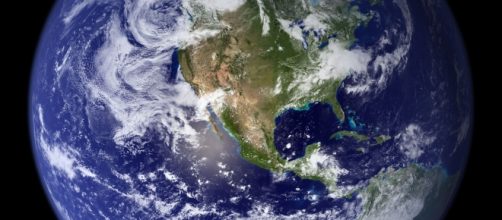Many studies have attributed the first five mass extinctions of the past 500 million years to meteoric impacts, massive volcanic eruptions, and other cataclysmic events. Now, a new study has warned that an event called biological annihilation has resulted in the decline of the animal population by as much as 80 percent since 1900. The consequences for humans could be severe and present another end of the world scenario for the seven billion people residing the planet.
Billions of animals lost in recent decades
Natural disasters caused the first five mass extinctions on Earth.
Each of which annihilated between 50 to 90 percent of all species on the planet including the dinosaurs. The recent one paved the way for new mammals after an asteroid struck the Earth, The sixth mass extinction would be the first in human history and the first with human help, according to the study published in the journal Proceedings of the Natural Academy of Sciences.
Researchers from Universal National Autonoma de Mexico explored the role of human actions for the past 500 million years in the extinction rates of mammals, fish, reptiles, and amphibians. Their primary findings are outlined below:
- 30 percent of land-based animals had declined regarding numbers and territorial range
- All of the mammals had lost 30 percent of their territory between 1900 and 2015
- Forty percent of the 177 mammal species studied lost at last 80 percent of their geographic range during that time
- Humans have wiped out 50 percent of the Earth's wildlife in the last 40 years
Factors that contributed to the biological annihilation
The study posited the significance of the disappearance of species from a particular region as a prelude to species extinction.
Scientists involved in the research noted that local population extinctions are indicators of a bigger, mass extinction. This trend does not bode well for the Earth which is already well into a Sixth Mass Extinction episode, the authors cautioned.
The causes of this alarming situation are very well-known, with humans playing a huge role in the rapid decline of the swathes of Life On Earth.
Climate change is one - a global phenomenon triggered by the burning of fossil fuels. Another is the conversion of forests and other habitats into farmlands or pastures. Another one is the continued rise in the global population, along with humans' thirst for land and consumption.Other factors include pollution, species invasion, and over-exploitation of biological resources.
Can the sixth mass extinction be stopped?
Human destruction of wildlife had accelerated since 1500 AD. The authors agreed that the world's sixth mass extinction could still be curbed. They proposed for more intensive conservation of species and habitats, and they estimated global conservation efforts need two to three decades to mitigate more powerful assaults on biodiversity.


